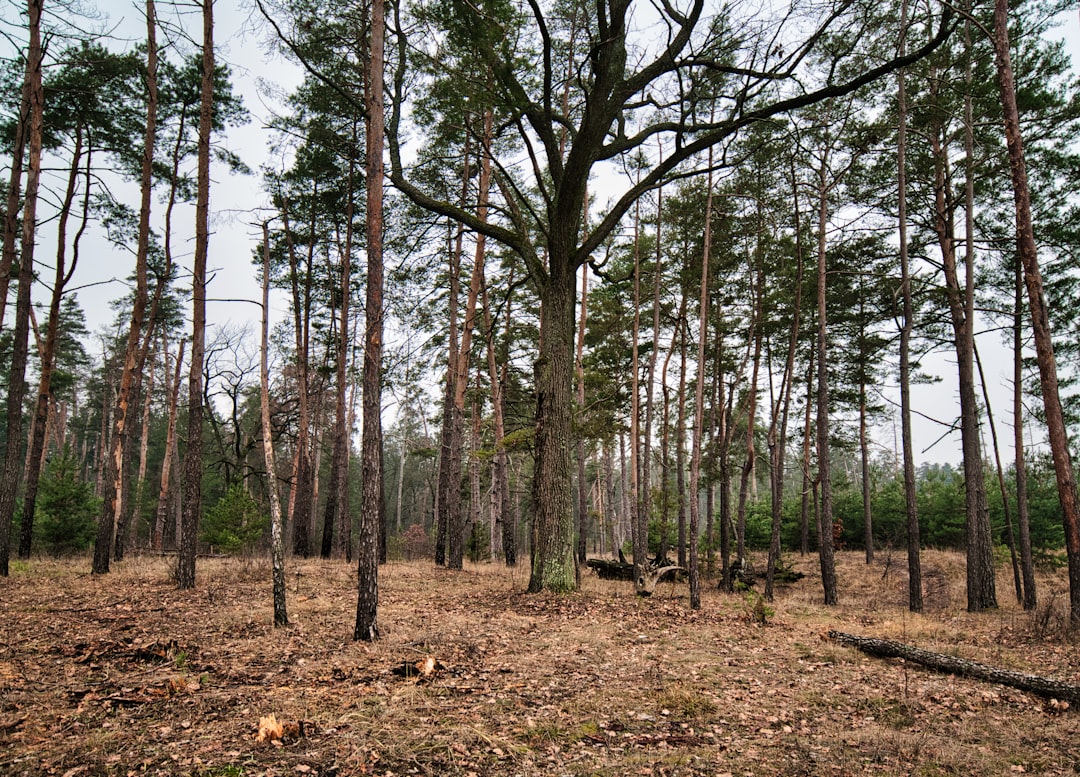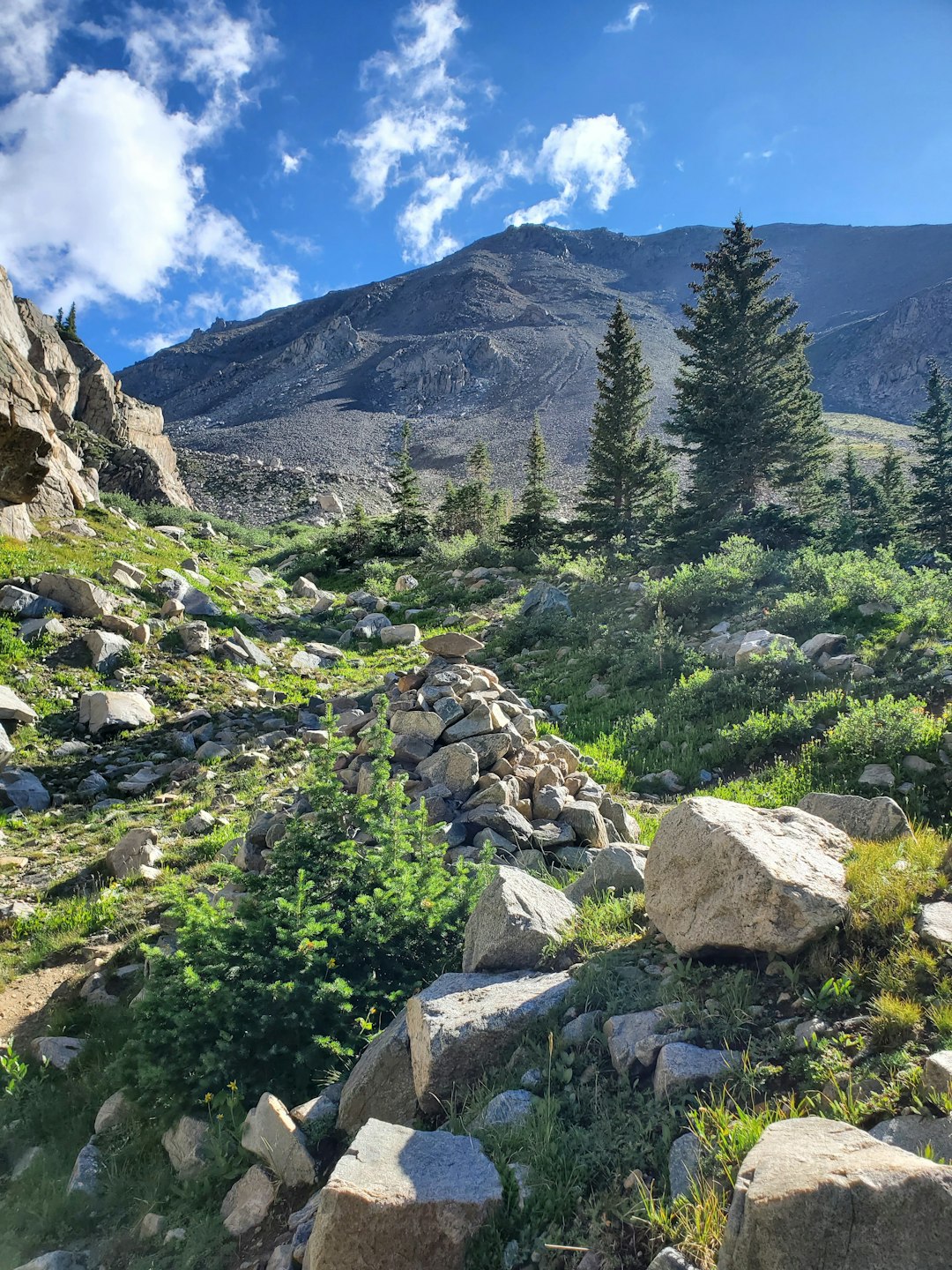

Beginning the journey of selling land online necessitates a strategic approach. First, it's essential to understand the nature of your land and how it appeals to potential buyers. Is your land best suited for agriculture, residential development, or recreational use? This will influence your sales strategy and the target audience for your online listing. Once you’ve pinpointed the selling points of your property, preparing the necessary documentation is the next step. This includes the land title, recent surveys, zoning information, and any other pertinent details that buyers will be interested in knowing upfront.
Moreover, familiarize yourself with current online real estate trends. Research different platforms that specialize in land sales and don't overlook local or targeted niche sites that might provide an advantage by attracting the right buyers. And finally, consider whether you’ll sell independently or partner with a real estate agent skilled in online transactions. This decision will weigh heavily on your own knowledge of the online real estate landscape, as well as the time you can dedicate to the selling process.
The last preparatory step involves ensuring a smooth online experience for potential buyers. Optimizing for a seamless transaction means having a clear, easily navigable online process. Determine up-front how communication with buyers will be handled, how offers will be received, and what online payment options will be made available once the sale reaches that stage.
Creating an online listing that stands out requires attention to several crucial elements. Your listing should encompass compelling copy that highlights not just the features of your land but the benefits and potential for the buyer. Descriptive language that paints a picture of life on your property can do wonders in engaging with prospective buyers' imaginations. Remember to highlight key aspects such as access to the property, utilities, topography, and any other unique features.
SEO plays a pivotal role here: optimize your listing with relevant keywords that a potential land buyer might search for online. This will ensure that your listing appears in searches performed by interested parties. Furthermore, include a call to action such as prompt to schedule a viewing or to contact for more information to guide potential buyers on what to do next.
However, don't sacrifice clarity for catchiness. Be transparent about any issues or limitations the land may possess - honesty will build trust with potential buyers and can help avoid complications further into the selling process.

Selling land can be a complex process that involves several steps in order to ensure a successful transaction.. Whether you are selling a small plot of land or a large parcel, there are certain key steps that need to be followed in order to sell your land smoothly. The first step in selling land is to determine the market value of your property.
Posted by on 2024-09-30

When it comes to selling your land, determining its value is a crucial step in the process.. The value of your land can be influenced by a variety of factors, including location, size, zoning restrictions, and market conditions. One important factor to consider when determining the value of your land is its location.
Posted by on 2024-09-20

Unlocking the potential of your land and maximizing your profits is a goal that many landowners aspire to achieve.. Whether you own a small plot of land or a large estate, there are several key strategies that can help you make the most of your property. First and foremost, it's important to assess the current state of your land and identify any areas that have untapped potential.
Posted by on 2024-09-20

Are you looking to sell your land quickly and for top dollar? If so, you've come to the right place. In this essay, we will explore some key secrets to successfully selling your land in a timely manner and maximizing your profits. One of the first steps in selling your land is to properly prepare it for sale. This includes clearing any debris or unwanted structures, as well as making any necessary repairs or improvements.
Posted by on 2024-09-20
Digital curb appeal is as vital in selling land online as physical curb appeal is for selling homes. Start by capturing high-quality, wide-angle photographs that showcase the expanse and potential of your land. Ensuring your photographs highlight the best aspects of the property during optimal weather and lighting conditions can greatly enhance attractiveness. Remember that these images may be the deciding factor for a potential buyer scanning through multiple online listings.
Consider using drone photography to give an aerial perspective, particularly if your land covers a significant area or features diverse topography. This can provide an accurate sense of scale and a realistic view of the entire property, differentiating your listing from those with only ground-level shots.
It might also be beneficial to include geotags in your images if the platform allows it. This modern technique can help tech-savvy buyers perform a virtual visit through platforms like Google Earth, further increasing engagement with your listing. Yet, not all might opt for this due to privacy concerns. It’s a balancing act depending on the nature of your buyer demographic.


Identifying and utilizing the appropriate platforms is crucial for reaching your target audience. Leverage online real estate marketplaces like Zillow and LandWatch, which attract significant amounts of traffic from interested land buyers. However, don't limit yourself to these—also consider local classifieds, social media platforms, and real estate forums dedicated to land sales.
SEO savvy marketing should be a key strategy; analyze search trends to optimize your listings and advertisements, ensuring that they are discoverable by buyers using specific search queries related to land purchasing. Boosting your online presence with strategically placed ads can also be a powerful tool if used efficiently.
Network and engage in online communities that pertain to your land’s use (like farming forums for agricultural land or outdoor recreation groups for hunting properties). Building relationships within these communities can lead to word-of-mouth referrals, which still hold substantial value in the digital age.
The legal aspects of selling land online can be complex and vary by jurisdiction. Ensure that you have a solid understanding of the legal requirements and processes, including disclosures you may be mandated to make, and the types of contracts you will be using. Consulting with an attorney who specializes in real estate transactions is highly recommended to navigate this labyrinth of legalese.
Additionally, be aware of the implications that selling land online can have on the usual due diligence process. Since buyers might not be able to visit the land in person, it's crucial to offer comprehensive documentation and transparency about the property's condition and any limitations. This can include providing access to surveys, environmental assessments, and any easements or covenants which affect the land.
Also note that online transactions come with certain risks. Phishing scams and fraud are not unheard of, so it's critical to verify the identity of potential buyers and use secure platforms for communications and transferring funds.


Negotiations can be particularly delicate in a digital setting where non-verbal cues are absent. Clear and prompt communication is paramount. Be prepared to manage multiple avenues of communication, such as emails, virtual meetings, and instant messaging, and keep records of these interactions for future reference.
Understanding your bottom line and having a clear negotiation strategy becomes even more crucial online. Being transparent about your expectations and willing to engage with counters professionally will foster goodwill. Be open to creative financing or staggered payment terms if such arrangements could benefit both parties and ensure the sale.
Lastly, remain patient and flexible throughout the negotiation process. Selling land can take time, and rushing through negotiations can lead to less-than-ideal outcomes. Keep the dialogue friendly and professional to maintain a positive relationship with potential buyers who may come back with a revised offer.
Following the completion of the sale, there are still a few boxes to tick. Provide the buyer with any final documentation they may require, like warranties or operation manuals for any features that remain with the land. Also, be sure to retain copies of all the paperwork associated with the sale for your records.
It’s advisable to update any legal entities or agencies pertinent to the property transfer. This includes notifying local tax assessors, utility companies, and any homeowners' or land associations about the change in ownership.
Finally, consider seeking feedback from your buyer about their experience. This information can be invaluable for fine-tuning your strategy for future sales. And don’t forget that the end of one sale is an opportunity to build an ongoing relationship that could lead to referrals or repeat business down the road.
In conclusion, while the steps to selling land online mirror those of traditional sales in many ways, they also offer new opportunities and challenges. By following the guidance provided and harnessing the power of digital tools and platforms, you can reach a wider audience and streamline the sales process. Remember, success in the online real estate arena comes down to a combination of thorough preparation, strategic marketing, and an understanding of the technical and legal intricacies involved in virtual transactions.

Zoning laws affect what you can and cannot do with your property. Understanding zoning regulations ensures that you can use the land in a way that aligns with your intentions and avoids legal issues or fines.
Visit the property in person to inspect its condition. Assess factors like topography, soil quality, accessibility during different weather conditions, potential environmental hazards (e.g., flood zones), and overall suitability for your intended use.
The process involves submitting applications to local planning departments and might include public hearings; timelines vary depending on jurisdictional efficiency and complexity of requests.
Costs include purchase price, survey fees, legal fees, title insurance, taxes, and possibly environmental assessments or permit fees.
Determine your budget for buying land, taking into account all related costs such as taxes, fees, and potential development expenses. Explore financing options like loans or savings to ensure you have the necessary funds.